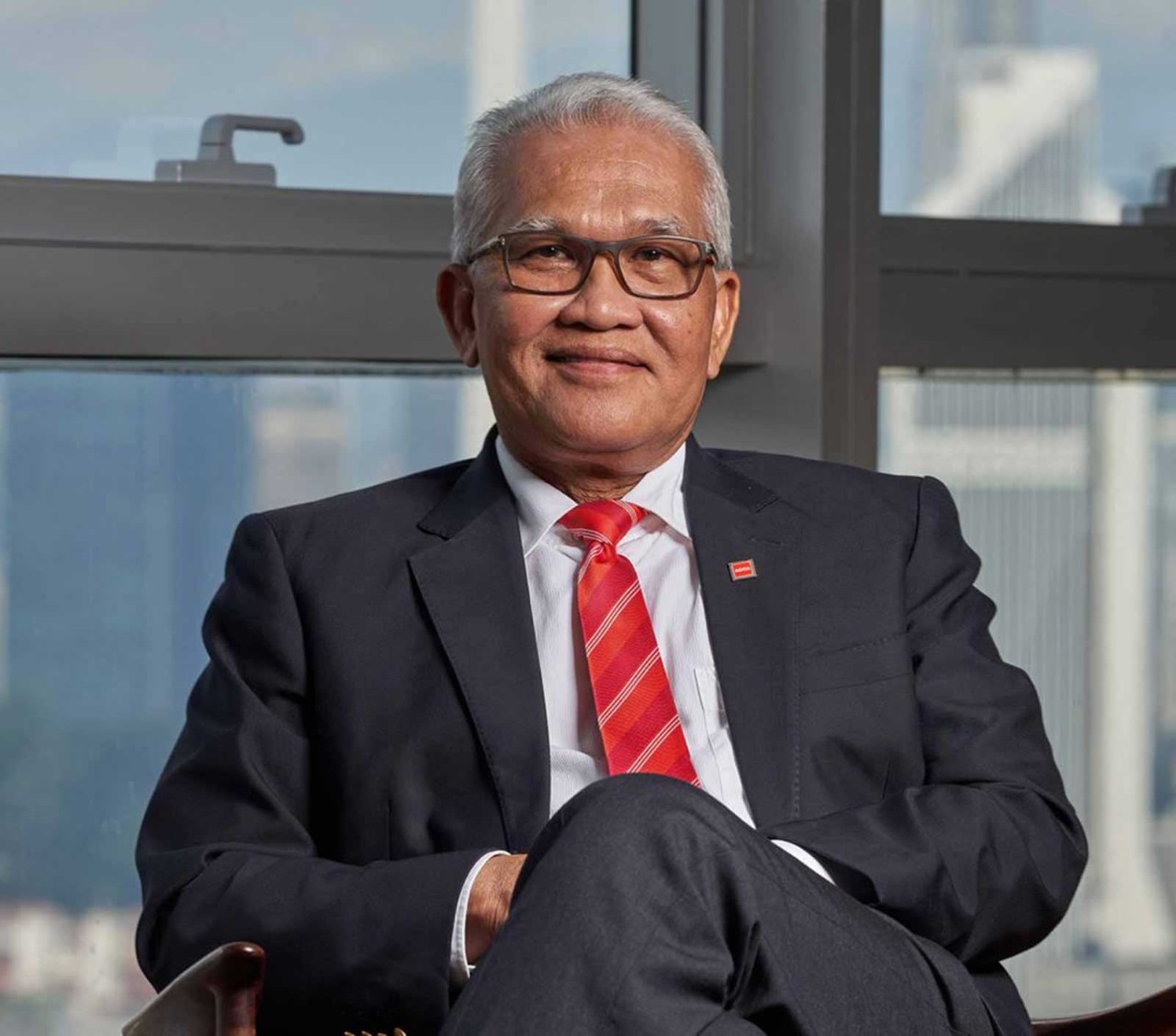
Boards are under increasing pressure to address climate change issues, with investors, regulators and other stakeholders all demanding greater sustainability disclosures. This growing pressure has highlighted the need for directors to be better equipped to navigate the risks and opportunities of climate change.
With this in mind, Singapore has launched a local chapter of the World Economic Forum’s (WEF) Climate Governance Initiative. The expanding network – which includes Canada, France, Germany, Malaysia, the UK and the US – seeks to promote the adoption of the WEF’s principles of effective climate governance.
'We need directors to put climate risks and opportunities as a priority agenda item in all boardrooms'
October’s launch of Climate Governance Singapore (CGS) comes on the back of the city-state’s Green Plan 2030, unveiled earlier this year, which lays out its commitments under the UN's 2030 Agenda for Sustainable Development and the Paris Agreement.
CGS’s aim is to equip board members with the tools to future-proof their businesses against climate change. Resources include workshops, training, conferences and a curated library where directors can access expertise in risk management, strategic, financial and human capital planning, and remuneration, as well as legal and governance models.
New economic model
The urgent need to address the climate crisis requires businesses to accelerate the transition to a new economic model that seeks to limit global average temperature increases to no more than 1.5°C above pre-industrial levels, consistent with the 2018 recommendations of the Intergovernmental Panel on Climate Change (IPCC).
While climate policies, commitments and regulations are moving at a rapid pace in the region and globally, Singapore is just starting to lay the foundations to facilitate the transition to a resilient and low-carbon economy. The city-state recognises that it now needs directors and executives to be fully aware of the business implications of climate change, says Jeremy Goon, chief sustainability officer at food-processing business Wilmar International and a member of CGS’s steering committee.
‘We need directors and executives that have the right set of tools and information to put climate risks and opportunities as a priority agenda item in all boardrooms and lead discussions on the impact of climate change.
‘We also need directors who can embed climate considerations in the boardroom’s strategic decision-making, and be able to embed a rapid yet viable transition strategy into their business models,’ he says, adding that the involvement of Singapore Management University as knowledge partner and Singapore Institute of Directors as the director engagement partner ‘makes for a robust ecosystem to address the need for climate-savvy boards of directors in Singapore’.
Risk assessment
While climate change has been on the agenda of the larger international corporations in the past few years, it is a relatively nascent topic within small and mid-cap listed companies and private enterprises.
‘It is more important than ever for boards of directors to be equipped with sustainability and climate change skills'
Issues such as the physical risks brought about by climate change and the subsequent financial impact, including damage to assets or disruptions to supply chain, are top of the agenda for boards, according to Shai Ganu, global leader on executive compensation at insurance company Willis Tower Watson and CGS member. Equally important, he says, are the risks when transitioning to a low-carbon economy. There is also growing awareness that climate change extends beyond the moral imperative and poses real financial risk to companies, he adds.
While some businesses have already begun introducing strategies, including net-zero commitments and long-term decarbonisation plans, with some even linking goals to executive compensation, Ganu says there is still room for improvement, particularly in small and mid-cap listed companies. ‘Interventions from investors and regulators will help accelerate change,’ he says.
Regulators get tough
To this end, the Singapore Exchange (SGX) has stepped up its sustainability reporting requirements to include climate-related disclosures and the adoption of the Task Force on Climate-related Financial Disclosures (TCFD) standard. In the latest SGX consultation on issuer listing rules, the exchange has proposed that all directors undergo mandatory training on sustainability.
‘It is now more important than ever for boards of directors of companies to be equipped with sustainability and climate change skills in order to set and steer strategic directions to ensure long-term success,’ Ganu says.
Meanwhile, from next year, the Monetary Authority of Singapore intends to require financial institutions to make climate-related disclosures.
The introduction of mandatory climate-relate reporting is, says Ganu, an important step. ‘Progressive companies have realised that climate change is no longer just an ethical or moral issue; it is a critical business issue in the way boards oversee risk, strategy and company financials. Yet many directors are unaware of how this relates to their duties and disclosure obligations. Lenders, insurers and investors increasingly want climate-related information for decision-making, and enhanced disclosures will help companies to meet these demands and to build their resilience to climate risks.’
Directors must also shift their focus away from short-term, profit-based goals, Ganu says. ‘The question directors should ask themselves is what presents the greater risk: that they may draw censure for taking actions that compromise the company’s near-term profitability, or that they may face personal liability if they fall short of addressing climate risks (physical, transition and liability risks) and ensuring the long-term sustainability of the company?’
For more information
For more on how accountants can support business on the climate transition, visit the ACCA sustainability resources.





